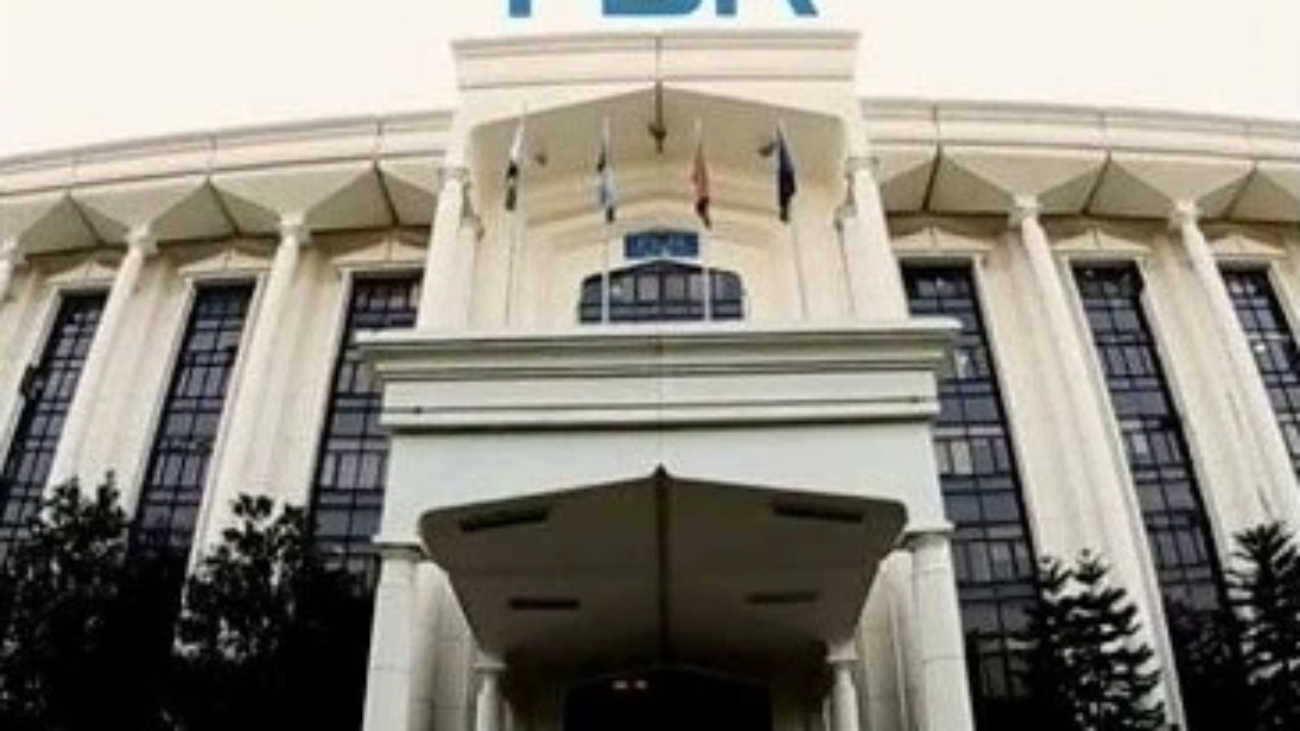KCCI Backs Nationwide Strike Over ‘Draconian’ Tax Laws, Demands Full Repeal of Sections 37A & 37B
Karachi — July 4, 2025
The Karachi Chamber of Commerce and Industry (KCCI) has thrown its full support behind a complete nationwide strike if all major chambers unite against the controversial Sections 37A and 37B of the Sales Tax Act, calling them “draconian” and a severe threat to Pakistan’s business climate.
Addressing a press conference at KCCI, President Jawed Bilwani condemned the newly introduced tax provisions, stating that they endanger investor confidence and impose unjustified burdens on already tax-compliant businesses.
“Posting banners and holding press conferences are just the beginning. Protests will intensify unless Sections 37A and 37B are completely repealed,” said Bilwani, flanked by representatives of all seven industrial zones of Karachi.
SOPs Rejected — Only Repeal Acceptable
Bilwani revealed that the Federal Board of Revenue (FBR) had reached out to initiate discussions on developing Standard Operating Procedures (SOPs) for implementing Section 37A. However, he firmly rejected the offer, reiterating that the entire business community unanimously demands repeal — not regulation.
“We will not participate in SOP formulation. The business community’s stance is crystal clear: Section 37A must go,” he declared.
The timeline for the strike, he added, would be decided after consultations with other chambers, trade bodies, and key stakeholders.
Arrest Powers Fuel Harassment, Investor Concerns
The most contentious aspect of the new law is the expanded arrest authority granted to FBR officials, which business leaders warn could be easily abused, leading to harassment, extortion, and a chilling effect on investment.
“Section 37A is incompatible with conducting business in Pakistan. It undermines our status as a business-friendly country,” Bilwani said, noting that complaints from distressed business owners are rising.
He further criticized the government for targeting those already in the tax net, while failing to tackle the core issue — fake and flying invoices.
“Only 40% of Pakistan’s economy is documented, and perhaps 2% of that is engaged in malpractice. Yet 98% of honest, tax-paying businesses are now under threat,” he argued.
Bilwani also highlighted the FBR’s weak enforcement record, noting that in most court rulings involving such arrests or audits, decisions favored taxpayers, not the tax authority.
Structural Flaws in Tax System
According to KCCI, at least 30 critical anomalies exist in the current tax framework, with five to six so severe that they have made return filing nearly impossible. Bilwani urged the government to urgently amend the legislation to restore business confidence and ensure fair treatment of documented taxpayers.
Motiwala Warns of Corruption, Misuse of Power
Echoing these concerns, Zubair Motiwala, Chairman of the Businessmen Group, warned that unchecked powers would open the door to corruption and abuse.
“When officials have arrest powers, there’s always the risk of misuse. Law-abiding businesses may be forced to meet unlawful demands just to avoid harassment,” he cautioned.
He urged the government to focus its enforcement efforts on the undocumented economy, rather than burdening the already compliant segment.
Business Community’s Key Demands:
-
Complete repeal of Sections 37A and 37B of the Sales Tax Act
-
No acceptance of SOPs as a middle-ground solution
-
Urgent legislative amendments to fix anomalies in the tax structure
-
Action against fake invoicing and undocumented entities
-
Preserve dignity and security of compliant taxpayers
As tensions rise, the threat of a nationwide strike looms large — unless the government takes swift and decisive action to address business community concerns.
Published in Business Desk | July 4, 2025








